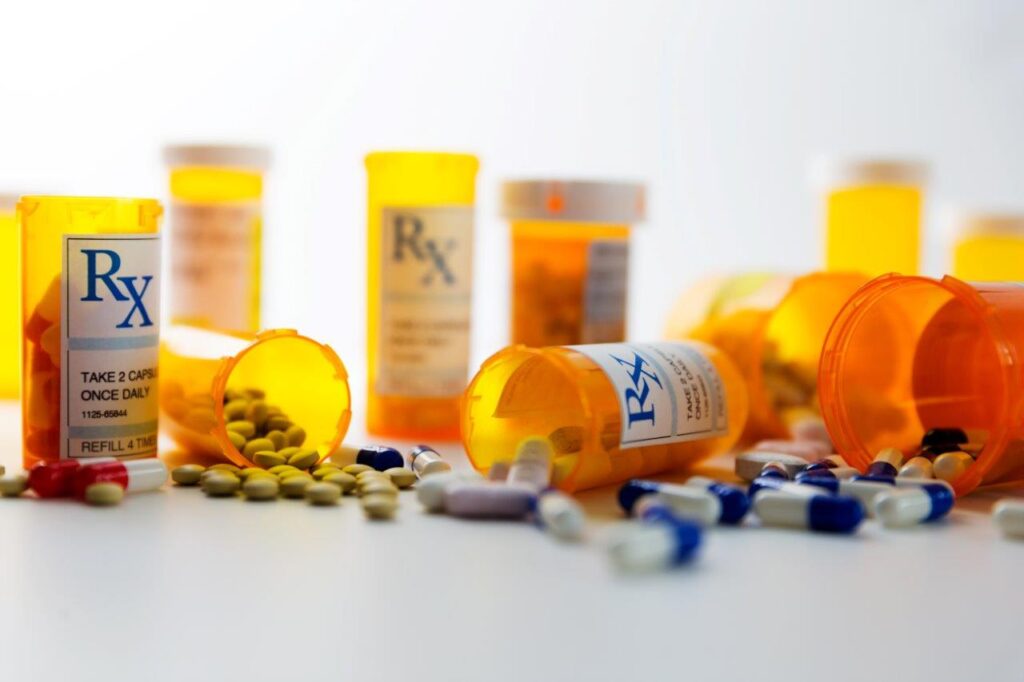New study pins rising prescription drug prices on “government-protected monopolies”
[column md=”6″]

[/column]
[column md=”6″]
Prescription medicines account for an ever larger share of Americans’ health care costs. Harvard Medical School researchers probed what’s behind rising costs by reviewing more than a decades worth of medical and health policy reports.
Their conclusion, published in the Journal of the American Medical Association points to government policies that prevent or delay marketplace competition. Key findings include:
- Patent laws that give drug-makers market exclusivity for years, sometimes decades.
- Backlogs and regulatory hurdles that delay the approval and sale of generic drugs.
- Pricing practices that aren’t necessarily justified by research and development costs and are based more simply on what the market will bear.
However, bleak that sounds, the study also points to practical solutions that include:
- More stringent standards for exclusivity rights.
- More competition by ensuring timely generic drug availability.
- More effectively educating patients, prescribers, payers and policy makers about their choices.
Voices for Affordable Health offers consumers tips and information for cutting drug costs on our Resources page.
[/column]